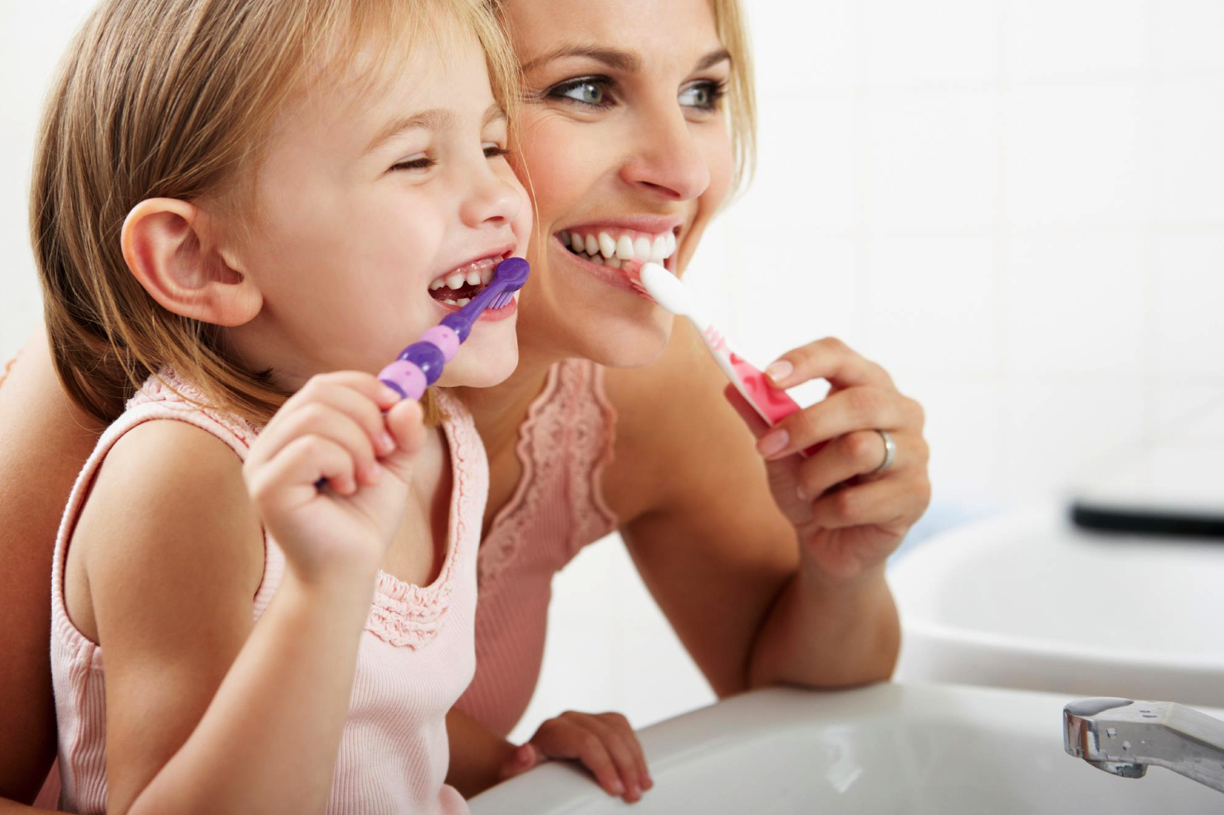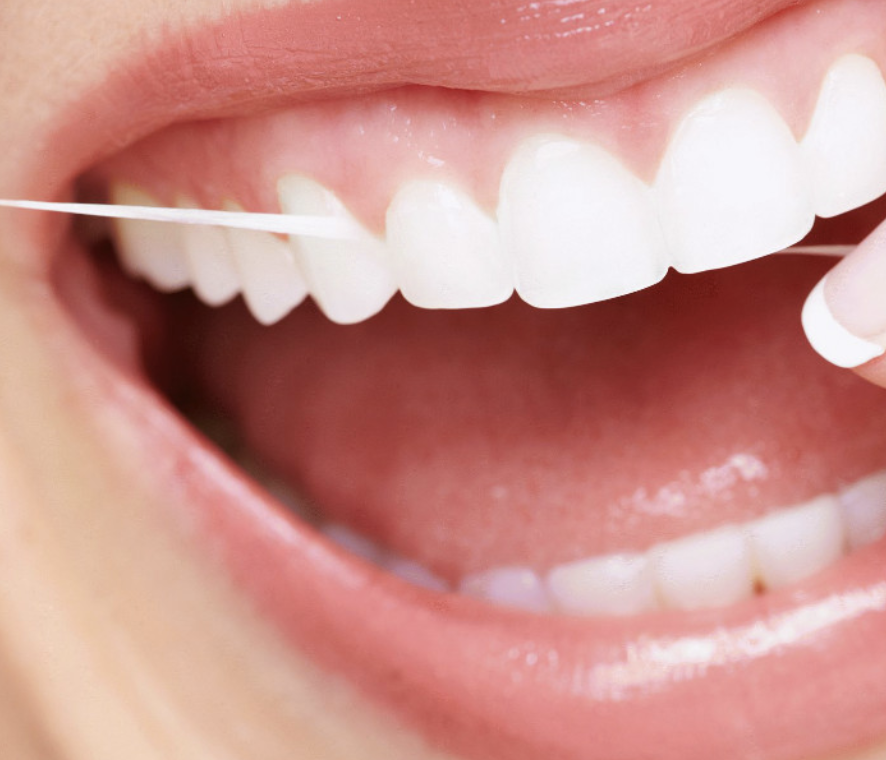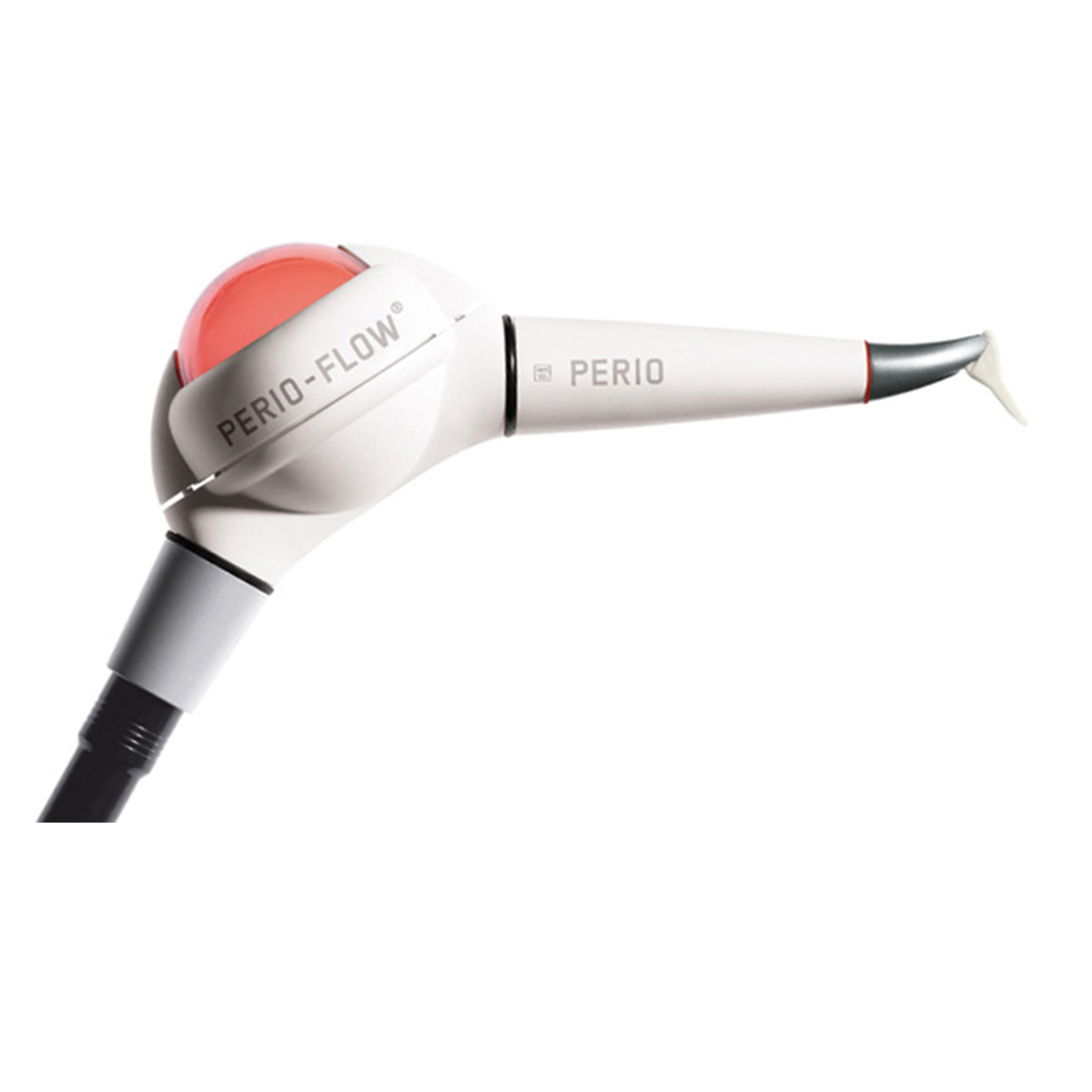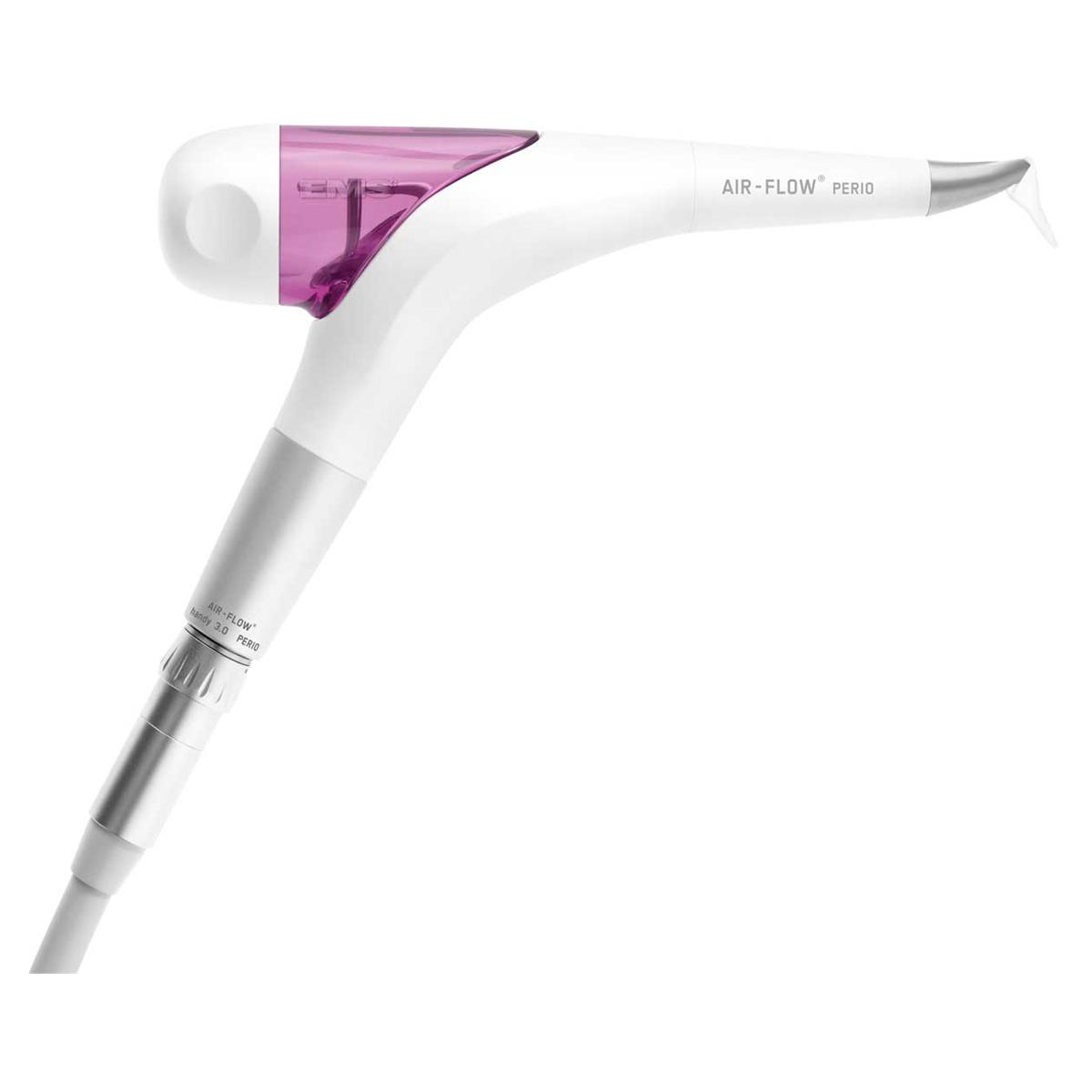Private oral hygiene
The private right teeth’s cleaning is the key to stomatological health. It is not a secret that the main reason of such diseases as dental caries, gingivitis and periodontitis is the sediment. By saying sediment dental deposits and dental tartars are meant which have pathologic microorganisms in them. Those microbes produce acids that have aggressive influence on gingiva developing inflammations and dental caries on teeth.
Thus it can be concluded that eliminating mechanically the environment of microorganisms the risk of emergence of stomatological diseases is prevented. This is the reason why dentists stress the importance of right and regular private oral hygiene.
Practice of everyday cleaning
It is known that teeth should be cleaned twice a day after eating. Teeth should be cleaned with vertical, small circular movements against the gum line. Use the same method for the inside surface of the teeth, as well as for chewing surface of the teeth.
Teeth’s cleaning should be finished with tongue brushing
The remnants of food are gathered inside the tongue papillae creating ideal environment for microbe development. To prevent this, the tongue should be brushed with special brush. This procedure helps to prevent the bad smell in the mouth.
To improve blood circulation specialists advice to massage the gums with fingers using circular movements after cleaning teeth.
Professional oral hygiene
Preventive tooth care and hygiene
Modern dentistry starts from hygiene. It is already proved that all kind of dental diseases start from insufficient oral hygiene. If there are dental deposits, tartars, accordingly pathogenic microorganisms, then one can forget about healthy teeth and gums.
Dental cariesstarts from dental deposit which is not being cleaned regularly, but gradually it increases and transforms into dental tartars.
The complications of caries are odontitis, periodontitis, periostitis, osteomyelitis. The more state becomes complicated, the more it becomes impossible to save the tooth, thus it is removed. The whole pathogenic process is not only accompanied with a feeling of discomfort but also with strong, unbearable pain.
Everything starts with so seemed usual dental deposit. The other version when the tooth is removed is the insufficient oral hygiene; it is periodontitis-the inflammatory disease of gums which leads to the loss of bone tissue and teeth. If this pathological process is not stopped in time then the healthy teeth start to move and soon fall. To prevent this situation firstly one must keep a sufficient private oral hygiene. To learn how to clean teeth correctly one must consult a dentist who would choose personal hygiene means and would show how to use them.
Besides, it is important to visit a dentist one a year to make a preventive examination and professional oral hygiene.
Means of hygiene
Is there any necessity to remind that the toothbrush is the main tool to clean the surface of teeth and gums? But not every brush is practical for that.
The toothbrush must have artificial bristles, comfortable tale and the roughness of the bristles must correspond to the state of teeth and gums. Hard toothbrush may be used only after consultation with the dentist. And if teeth are oversensitive or there is a risk of gum bleeding a soft toothbrush must be used. The best variant is the toothbrush having unequal length of bristles.
The toothpaste also is chosen according to the state of gums and teeth. If the teeth are oversensitive then toothpaste for sensitive teeth should be chosen. In case of gum bleeding and existence of pain antibiotic toothpastes should be used.
Although toothpastes that contain chlorhexidine should not be used for more than 10-14 days. Chlorhexidine may instigate development of susceptible strains of microbes which is the antagonist of fluorine and thus yellows the color of tooth. For that reason the toothpastes containing chlorhexidine are assigned only in stage of exacerbation of inflammatory diseases. Dental threads or floss is used to clean the interdental zones. For cleaning teeth firstly toothbrushes are used, but no matter how super-new and modern toothbrushes they are, they clean only three of five surfaces of tooth.
Today there is a great variety of toothbrushes. Many people think that the electric toothbrushes surpass the mechanical ones in many things. For this reason the electric ones are used more and more frequently.
The dentists have come to a conclusion that these kinds of toothbrushes have many disadvantages if used incorrectly, which happens often, and it can have negative effects as far as that kind of toothbrushes do not clean dental deposits properly and as a result dental caries is developed.
Today ultrasonic toothbrushes are very popular. The most important property of such kind of toothbrushes is the existence of ultrasonic waves. In stomatological clinics during the process of professional cleaning this kind of ultrasound is used, but that one is more powerful than the ultrasonic toothbrush. If you have decided to get this kind of toothbrush, first consult the dentist in order you could use it correctly.
The irrigator is an original ‘mouth shower’. And for people who have different orthopedic constructions in the mouth, implants, dental braces it is necessary.
The principle of the work of the irrigator is the following: with the help of water flow it cleans the remnants of food from the hard-to-reach zones especially from the interdental zones, bridge prosthesis and so on. The water flaw also has a massaging effect for the gums improving blood circulation and nutrition. Besides water antiseptics or curing liquors may be added in the irrigator, which affect the soft tissue of mouth cavity positively. Due to that the irrigator is indicated to the people having healthy periodontium as a mean to prevention of different diseases. The irrigators may be family and private.
Professional oral hygiene
The professional oral hygiene is one of the guaranties of dental health. Today this procedure becomes more and more important; as people understand that prevention done on time is better than recent and reliable treatments. And as the professional hygiene is one of the preventive procedures of dental illnesses, science pays to it more attention by exploring new methods.
Professional hygiene considerably differs from the private hygiene. The professional oral hygiene is being performed with different methods: ultrasonic cleaning with so called ‘Air-flow’ and ‘Perio-flow’ methods, with different toothbrushes, toothpastes, tools and other means such as floss, etc.
With ultrasonic devices the tartars are removed from above the gums and below them. For this purpose different instruments are used. ‘Air-flow’ and ‘Perio-flow’ appliances have identical functions. They are used to remove dental deposits. They clean perfectly both the soft deposits and pigmentations on the teeth, especially the so called smoke deposit which is structurally very thick and ropy. The function of the appliances is the following: under the pressure of flow of air, water and special abrasive powder the deposit is removed. The difference is only in the zone to be cleaned and in the formulation of the powder. ‘Air-flow’ system is used to clean only the zones above gingiva line, and ‘Perio-flow’ is used for cleaning zones below gum-line.
The procedures performed by ‘Air-flow’ and ‘Perio-flow’ systems have also their contraindications:
- illnesses of respiratory system, asthma
- kidney disease and no salt diet
- numerous caries
- different exacerbated illnesses of oral mucosa
- exacerbated periodontitis
- virus diseases, e.g. tuberculosis, HIV, hepatitis, etc.







